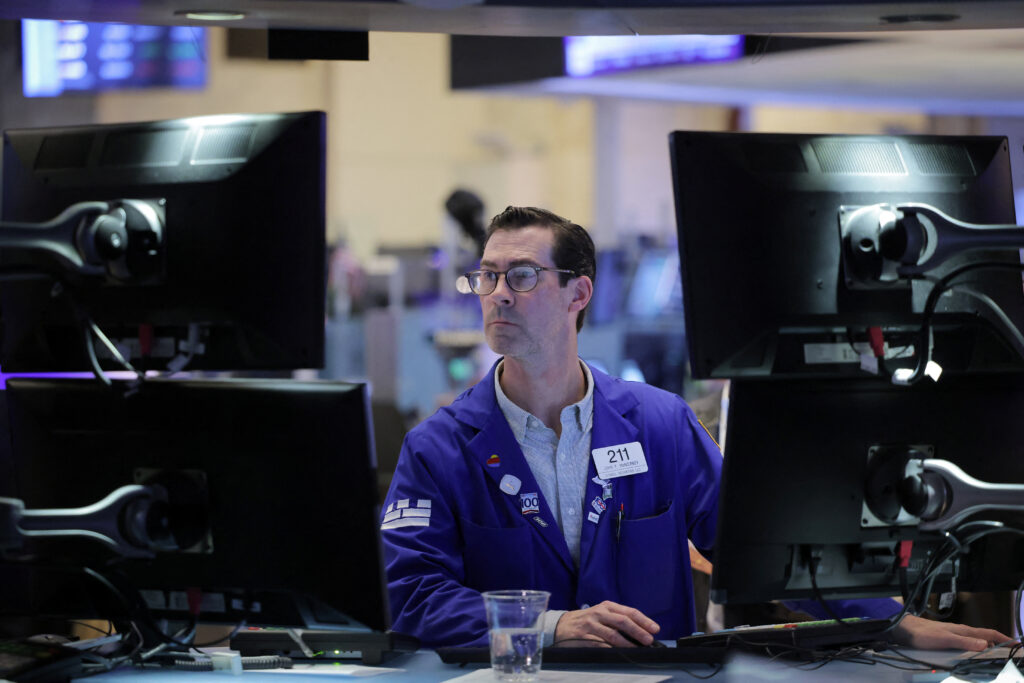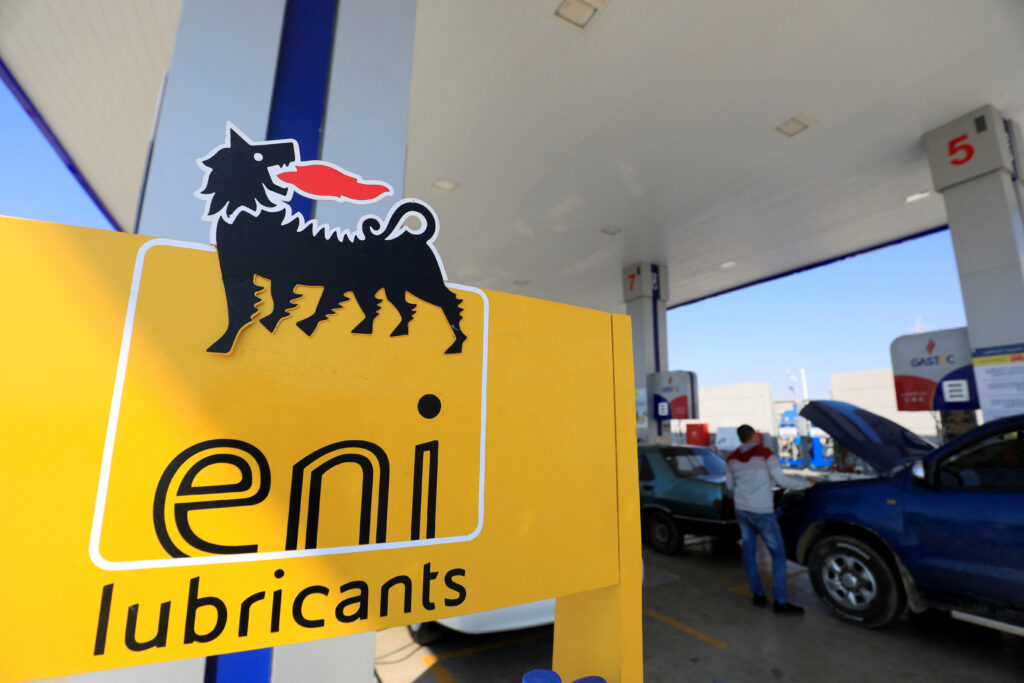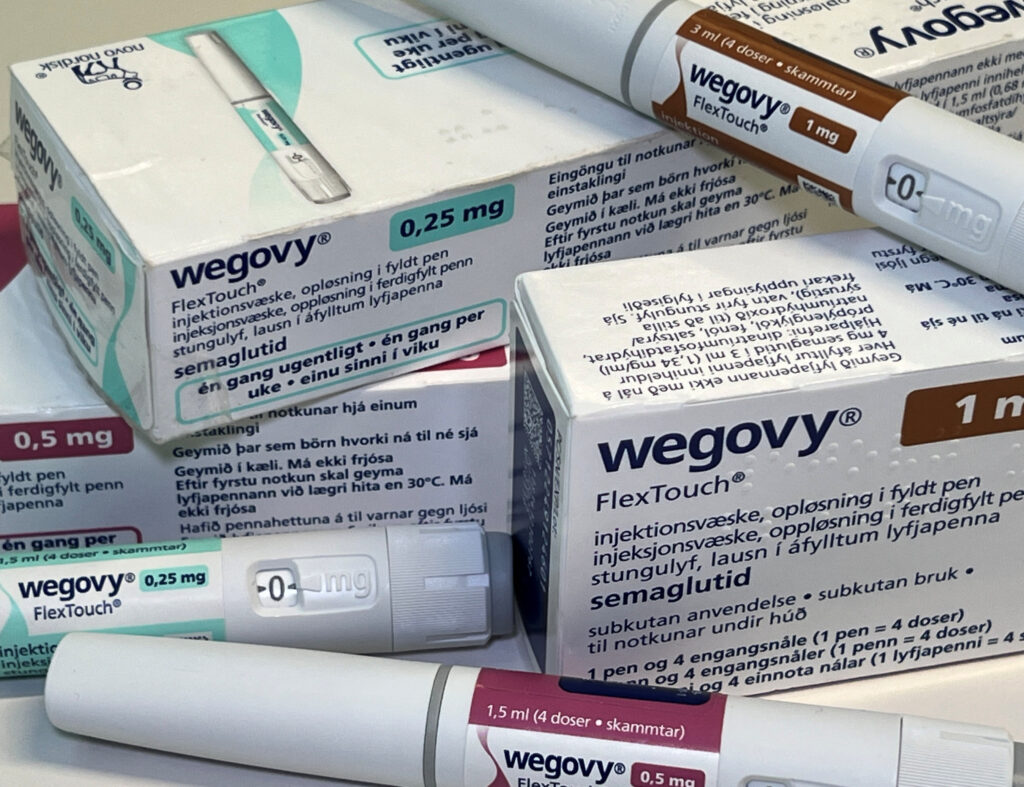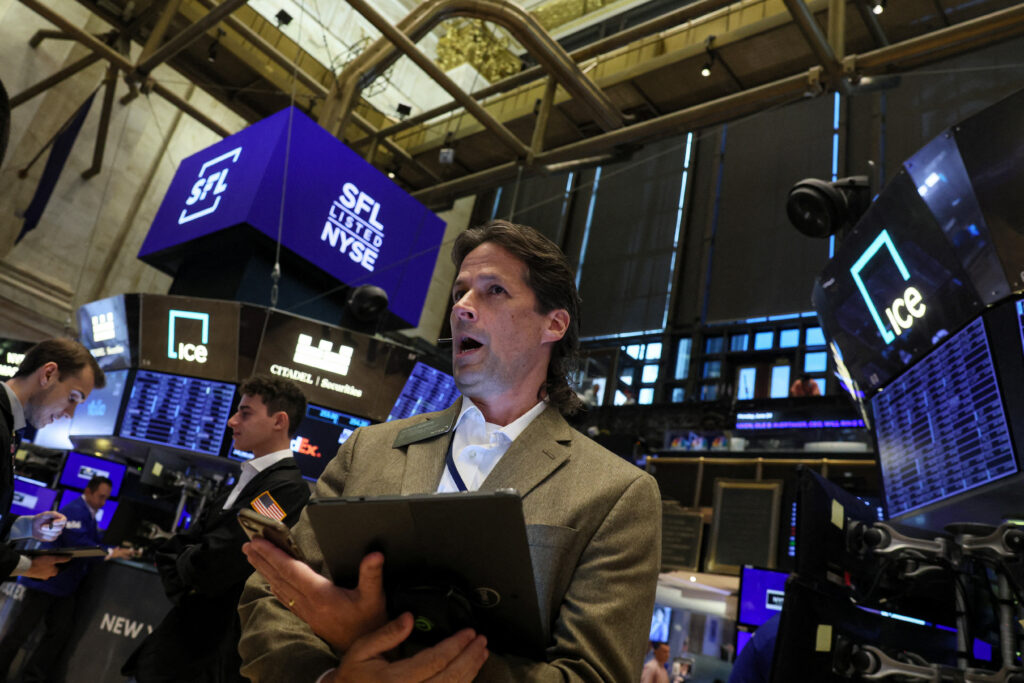Tesla (NASDAQ: TSLA) shares declined more than 3% as the EV giant announced price cuts in China and revealed disruptions at its sole European factory due to attacks in the Red Sea.
The company has slashed the starting prices of the Model 3 and Model Y sport utility vehicles. The Model 3 sedan now sees a 5.9% reduction, priced at 245,900 yuan ($34,300), while the Model Y SUV is marked down by 2.8% to 258,900 yuan.
In addition, Tesla (NASDAQ: TSLA) has revealed plans to temporarily halt production at its Model Y plant near Berlin from January 29 to February 11. This decision is in response to suppliers shifting transport routes due to recent attacks on vessels in the Red Sea.
Tesla shares dropped as much as 4.2% on Friday. This marks the 11th drop in 12 sessions for the stock. The recent stock movement coincides with the announcement from Hertz Global Holdings, outlining its plan to sell off one-third of its electric vehicle fleet in the United States.
Since late 2022, Tesla has consistently reduced prices in China, prompting other manufacturers to follow suit. This has caused a widespread squeeze on profit margins in the industry. XPeng Inc. (NYSE: XPEV) and BYD Co., among domestic manufacturers and prominent global players such as Volkswagen AG, have lowered their vehicle prices to protect their market share. Even then, less than one-third of local carmakers met yearly sales goals.
Tesla achieved its annual delivery goal, selling 1.81 million vehicles worldwide in 2023, with over 50% coming from its Shanghai factory. However, BYD has emerged as the world’s top seller of battery-electric cars in the fourth quarter.
The growth in China’s electric vehicle (EV) market is expected to decelerate for the second consecutive year in 2024. The nation’s uneven recovery from the pandemic is cited as a primary factor impacting consumer sentiment.
According to the latest report from the China Passenger Car Association, shipments of battery-electric and plug-in hybrid vehicles to dealers are expected to increase by 25% to reach 11 million units this year. However, this marks a notable slowdown compared to the 36% growth experienced in 2023 and the remarkable 96% surge in 2022.
Kevin Putnam is a financial journalist and editor based in New York. He specializes in editing news and analysis related to U.S. stock market.










